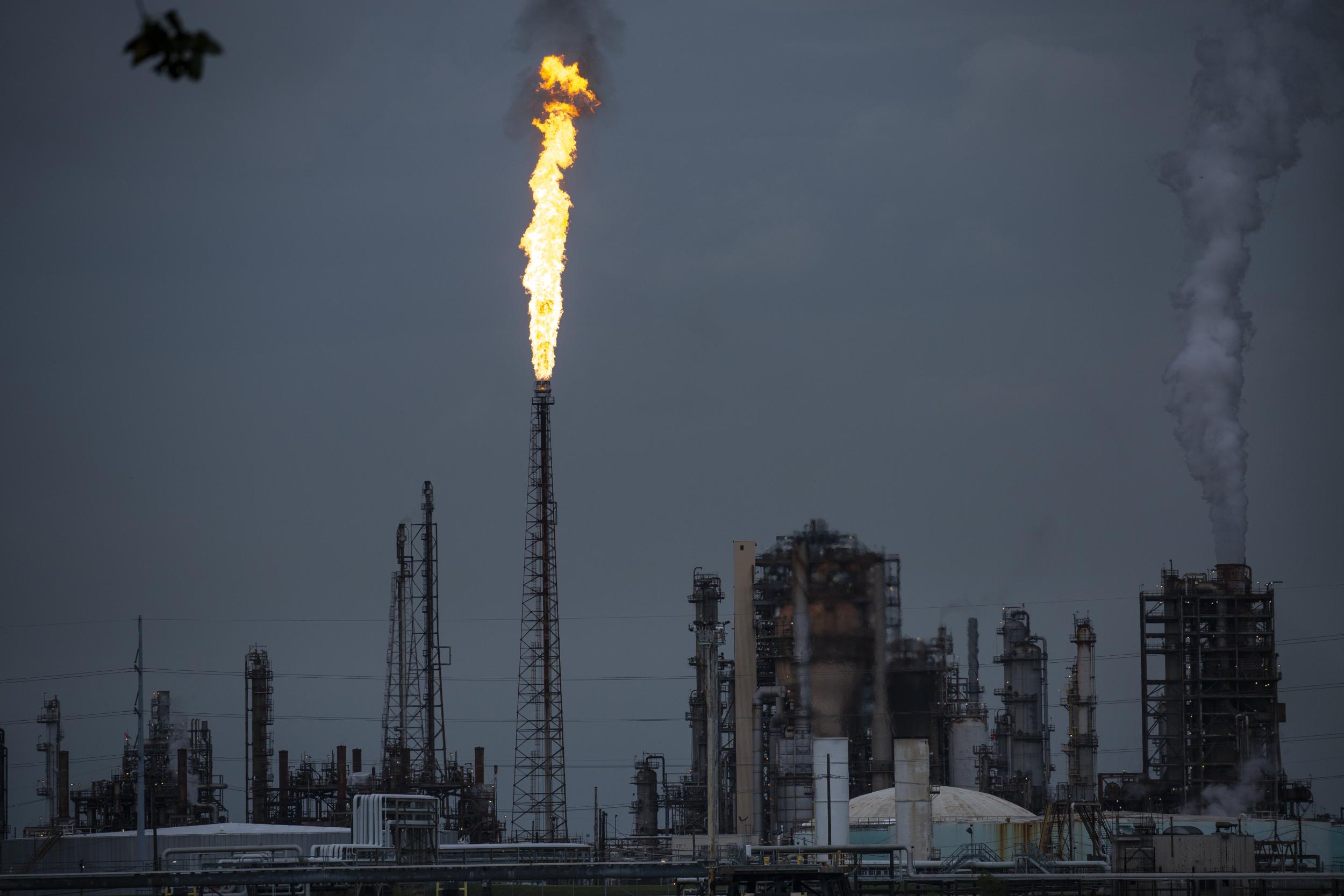A federal appeals court on Monday heard arguments in a lawsuit challenging a Louisiana law that critics say is an unconstitutional attempt to limit protests against oil pipelines.
“This case isn’t just about Louisiana,” one of the plaintiffs in the case, Sicangu, Lakota environmental activist Anne White Hat, said in a statement. “It’s part of a nationwide crackdown on environmental activism, pushed by oil and gas interests to silence resistance. But the people are standing strong. Because protecting land, water, and the right to protest is a fight we can’t afford to lose.”
The suit, from the Center for Constitutional Rights, challenges a 2018 revision to Louisiana’s critical infrastructure law on behalf of a group including property owners, activists, and a journalist who faced arrest under the law.
The change, backed in part by the Louisiana Mid-Continent Oil and Gas Association during a wave of protests against the Bayou Bridge oil pipeline, made it a felony punishable by up to five years in prison to remain on the “premises” of critical infrastructure, including pipelines, if an owner or “custodian” of the infrastructure told them to leave.
“This is no ordinary trespass statute of the kind that U.S. courts have been accustomed to dealing with for over 200 years,” Baher Azmy, with the Center for Constitutional Rights, argued in court Monday.
The group suggests that the law violates First Amendment rights and makes it a possible crime to be anywhere near any of Louisiana’s 125,000 miles of petrochemical pipelines, a network which runs through public and private land, much of it unmarked and underground.

Among the plaintiffs in the challenge, which was rejected in lower federal court, are a group of landowners who were arrested by police hired by a pipeline company as the property owners protested a section of pipeline that a state court found was improperly built through their own land.
During arguments at the Fifth Circuit, a lawyer for the Louisiana Attorney General’s Office argued that the law regulates trespassing and not free speech. “The fact that a law has potentially been applied improperly in one instance is not enough” to make it invalid as a whole, the attorney said.
The Bayou Bridge pipeline flows for more than 160 miles across sensitive river swamp habitat in Louisiana, the final link in a series of fossil fuel infrastructure projects connecting the fracked oil of the Bakken shale fields of North Dakota to refineries in the Gulf of Mexico.
Activists protested the pipeline, which was completed in 2019, arguing it would further exacerbate climate change, Louisiana’s coastal shoreline loss, and health issues in the state’s industrial “Cancer Alley.”
Across the country, fossil fuel groups and sympathetic legislators have helped pass at least 22 laws restricting protests near critical infrastructure, including pipelines, since the high-profile, indigenous-led 2016 Standing Rock protests against the Dakota Access pipeline, according to the International Center for Not-for-Profit Law.
The Guardian recently obtained emails between lobbyists and lawmakers across states like Utah, West Virginia, Idaho and Ohio pushing for more such laws in recent years.
In Utah, where violators of an anti-protest law can face up to five years in prison, a lawmaker was quoted discussing the legislation as part of a larger campaign to push back against the climate movement, noting: “We’re being forced out of coal, which is cheap, reliable and plentiful, but have nowhere to go to find a replacement energy source because natural gas is also under attack.”


